Baseball History Comes Alive Now Ranked #2 by Feedspot Among All Internet Baseball History Websites and Blogs!
Guest Submissions from Our Readers Always Welcome!
Scroll Down to Read Today’s Essay
Subscribe to Baseball History Comes Alive for automatic updates. As a Free Bonus, you’ll get instant access to my Special Report: Gary’s Handy Dandy World Series Reference Guide!
Vince Jankoski returns today with an interesting essay on the choice of Denny Galehouse to start the one-game playoff between the Indians and the Red Sox, the winner advancing to the 1948 World Series. As Vince explains, the choice didn’t seem to make sense then and still doesn’t all these years later! -GL
(In the featured photo we see Red Sox pitcher, Denny Galehouse)
Joe McCarthy’s Odd Choice of Denny Galehouse To Start the 1948 Playoff Game!
By late afternoon on October 3, 1948, it was clear that the American League pennant race would end up in a tie between the Cleveland Indians and the Boston Red Sox. A single-game playoff would decide who would represent the junior circuit in the World Series against the Boston Braves. A coin toss held the previous week determined that the game would be played in the Red Sox’s Fenway Park. The question would be: who will be the starting pitchers?
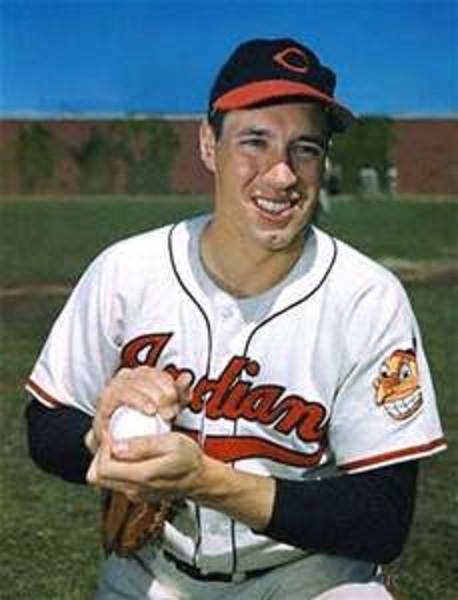
Both teams had fine pitching staffs. Cleveland’s consisted of Hall of Famers Bob Feller, having an off-year (19-15, 3.56 ERA), and Bob Lemon (20-14, 2.82), plus knuckleballer Gene Bearden who had a career season (20-7, 2.43). The three won 59 of the team’s 97 victories.
Likewise, Boston also had a fine staff, no Hall of Famers but a deep group: Joe Dobson (16-10, 3.56), Mel Parnell (15-8, 3.14), Jack Kramer (18-5, 4.35), and Ellis Kinder (10-7, 3.74). These four also won 59 of their team’s 96 regular season wins.
So, who would start? On a vote of the players, Bearden got the nod for Cleveland, notwithstanding that he was a rookie and would be pitching on only one day’s rest. He had the best won-loss percentage on the team, and he led the league in ERA. Two additional things went in Bearden’s favor: he was hot – he had won his last six decisions, pitching complete game shutouts in his previous two starts – and he had beaten the Sox twice during the regular season. Plus, his virtually stress-free knuckleball was amenable to pitching with short rest. Note Wilbur Wood who from 1971-1975 averaged 44.8 starts and 337 innings per season. His selection over Feller and Lemon each of whom would have also be pitching on short rest was no surprise.
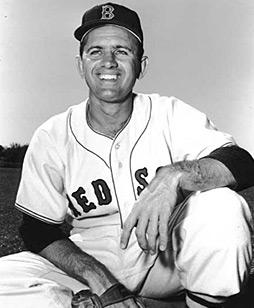
The Red Sox choice of Denny Galehouse was, on the other hand, a complete shocker. Galehouse was 8-8 with an ERA of an even 4.00. He had made only 15 starts during the regular season. Galehouse was a veteran with postseason experience, having pitched two complete games, going 1-1 with an ERA of 1.50, for the St. Louis Browns in the 1944 World Series. Galehouse was also well rested – maybe too well rested – having last pitched on September 26, going three innings. But Parnell and Kinder were also well rested. Parnell would have been pitching on a full three days rest, a full complement of days off in those days of four man rotations, and Kinder would have had four days between starts. Plus, Parnell had beaten Cleveland three times during the season. Parnell had one disadvantage: he was left-handed, a definite drawback for such an important game in Fenway Park with its short left-field fence. Moreover, the strongest hitters in the Cleveland lineup were right-handed batters: third baseman Ken Keltner (31 HRs, 119 RBIs, .297 BA), shortstop Lou Boudreau (18, 106, .355), and second baseman Joe Gordon (32, 124, .280). So, maybe eschewing Parnell was not such a bad idea even given his success against the Indians. Bruce Hurst excepted, southpaws generally don’t do well in Boston’s home field. But Galehouse?
What happened was no surprise. Galehouse failed to record an out in a four-run fourth inning. Singles by Boudreau and Gordon, followed by a Keltner home run sealed Galehouse’s and the Sox’s fate. Kinder replaced Galehouse and surrendered three more runs (two earned) over six innings of relief. Bearden won his seventh straight decision, going the distance. The final score was 8-3.
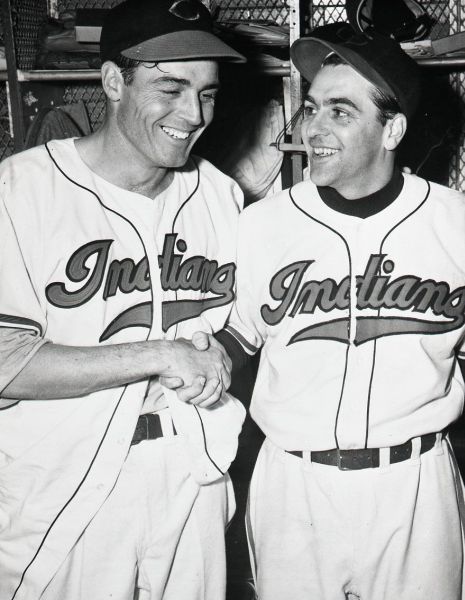
Bearden went on to pitch well in the World Series against the Braves, also in Boston at the time, throwing a five-hit, complete game shutout in Game Three, and earning a save in Game Six in the same Fenway Park where he won the playoff game. In 10 2/3 innings of work, he surrendered no runs, six hits, and one walk.
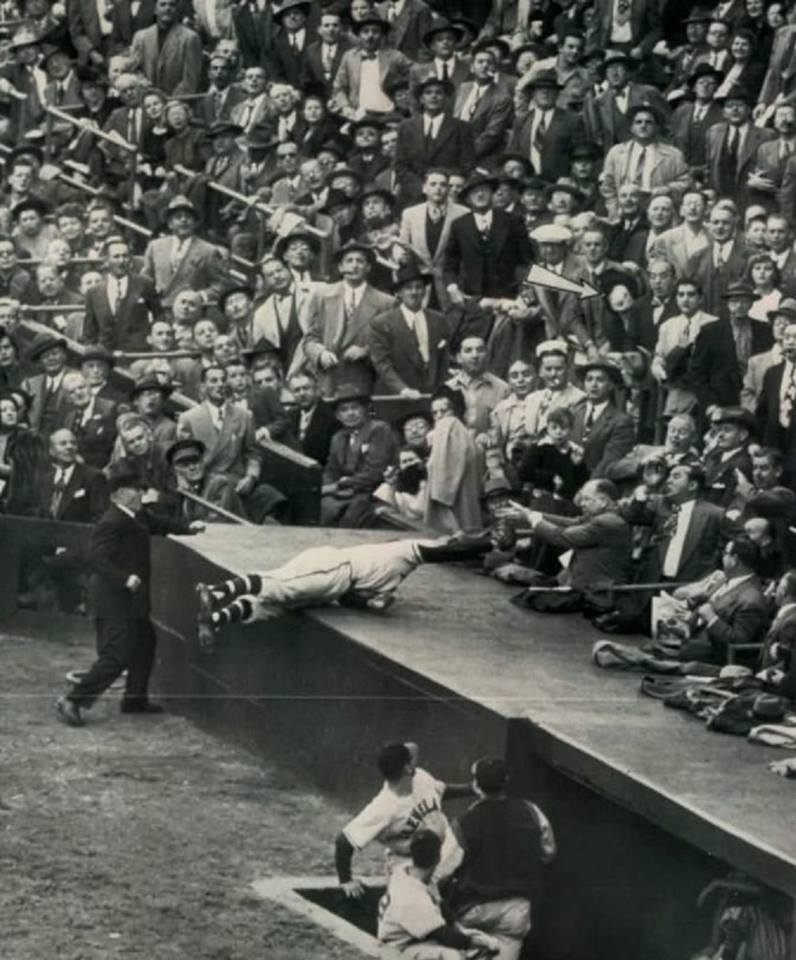
Oddly, the playoff matchup between Galehouse and Bearden was a turning point in each’s career. The following season, American League batters realized that Bearden’s knuckleball came nowhere near the plate, and stopped swinging at his offerings. His walks and wild pitch totals increased. His ERA ballooned to 5.10. He led the league in wild pitches in a season where he finished 8-8. He was subsequently shipped to Washington, then to Detroit, then to the St. Louis Browns before finishing his career in Chicago with the White Sox. After his historic matchup with Galehouse, he would go 25-31. The only times he led the league in any pitching category were in 1949 and 1952 when he led the American League in wild pitches in only 127 and 150 2/3 innings of work, respectively.
Galehouse, too, was at the end of his effective career. Galehouse pitched a mere two innings in 1949, and at age 37 was gone from the majors forever. For his career, he was 109-118 with an ERA of 3.97.
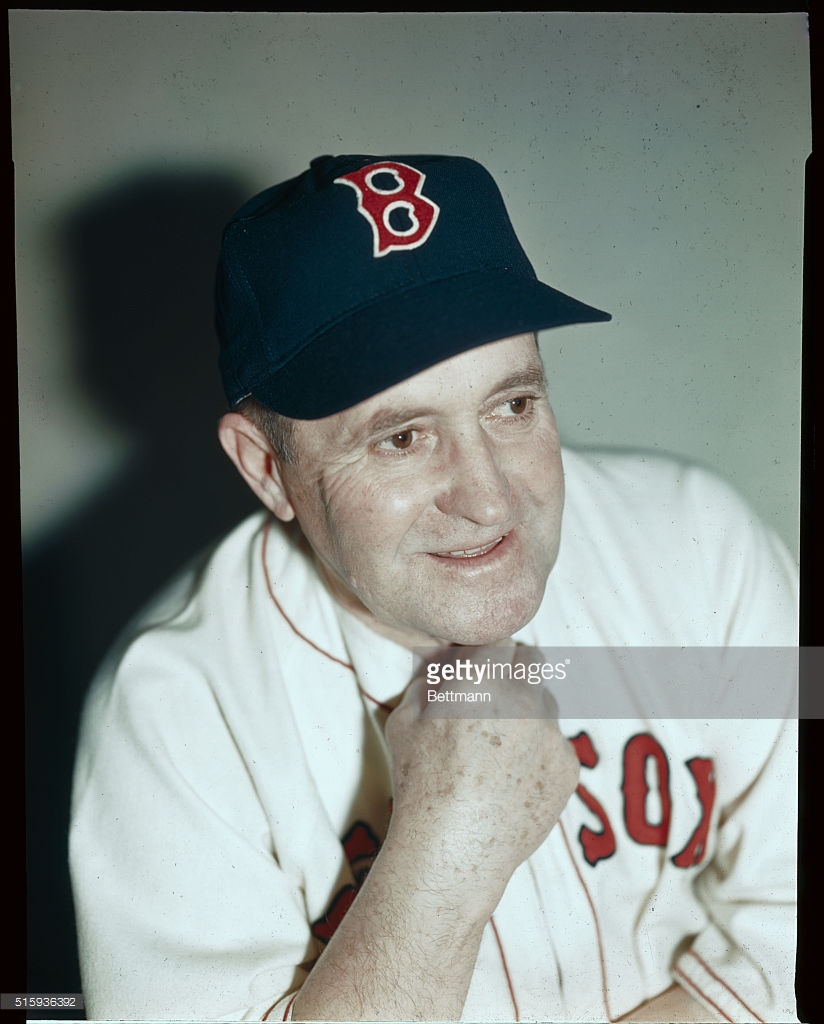
Had Boston manager Joe McCarthy gone with Parnell or Kinder in the playoff game the result might have been different. The World Series might have been an all-Boston affair. The hard-hitting Sox likely would have defeated the inferior Braves and ended the curse of the Bambino 56 years earlier.
Vince Jankoski
Subscribe to our website, Baseball History Comes Alive with over 1500 fully categorized baseball essays and photo galleries, now surpassing the one million hits mark with over 1,200,000 hits and over 950 subscribers: https://wp.me/P7a04E-2he
Information: Excerpts edited from
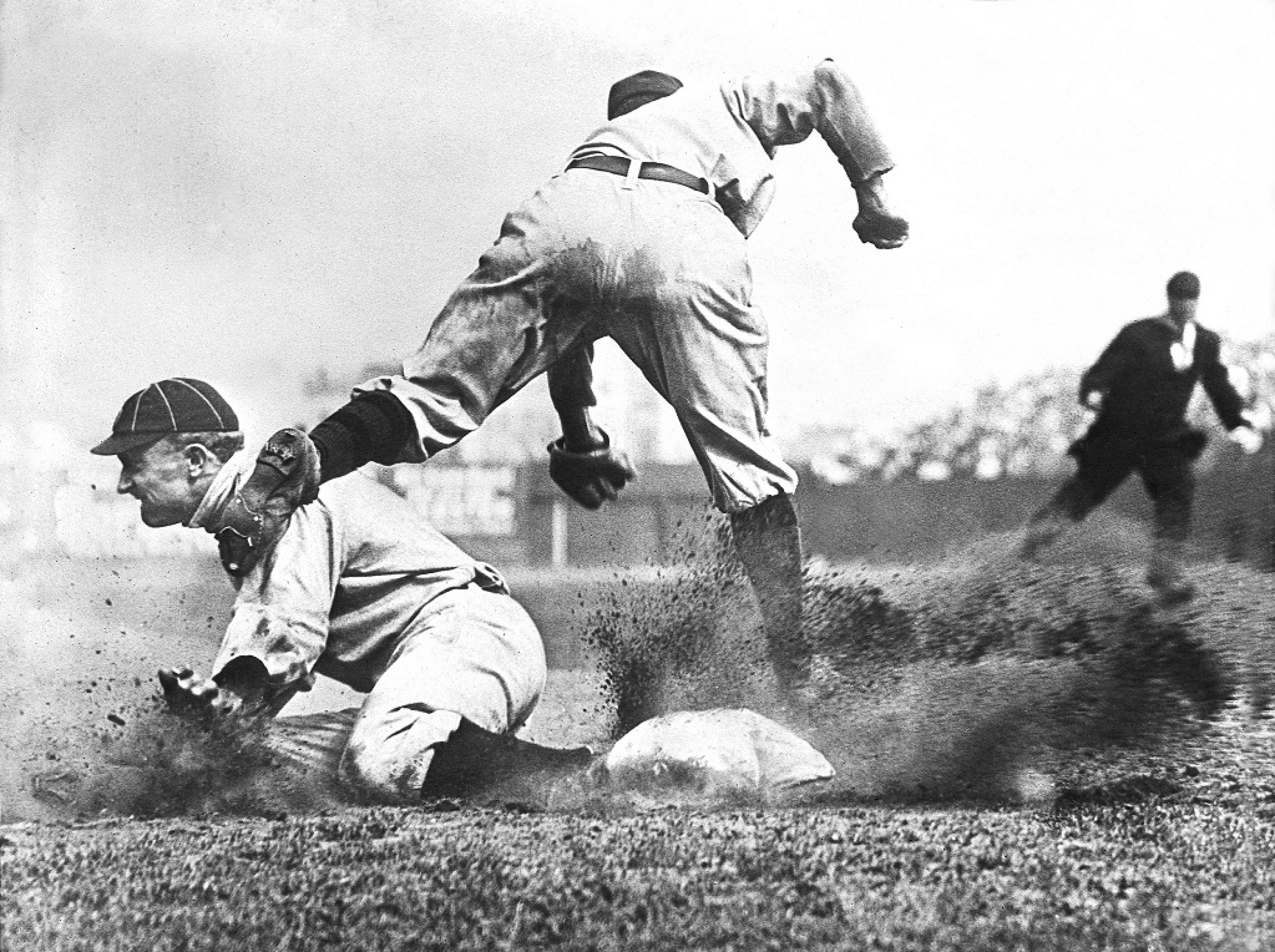
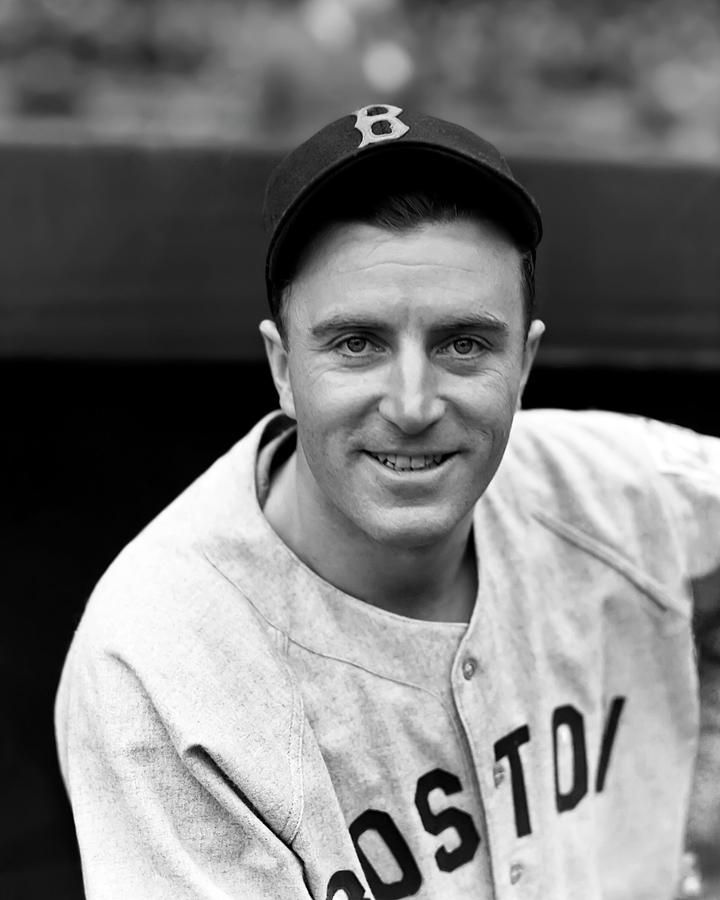
Always thought it would have been great to add Boston to the all-city world series list. Of course Philadelphia didn’t make it either.